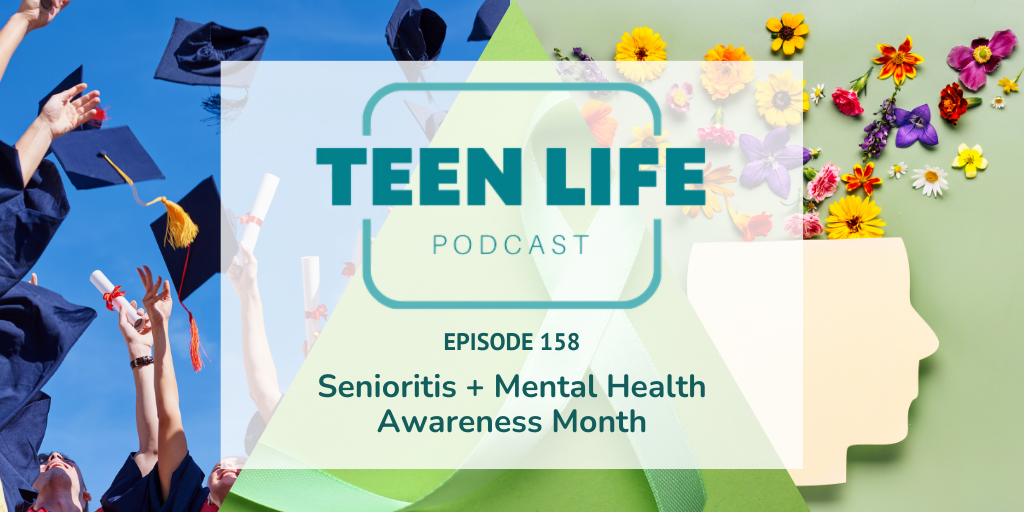
5 Positive Ways to Deal with Parents
We see a lot of teens in Support Groups and if there’s a recurring theme, it’s that dealing with parents can be tough!
The crazy thing is the same issues that frustrate teens often frustrate adults. Life is completely different for teens than it was for adults at the same age, but there are a lot of aspects of communication that haven’t changed.
If you are a parent, it can be hard to see your teen’s side of things or how they are trying to communicate.
Parents and teachers complain most often about behavior, but a lot of times, the adults aren’t listening or allowing teens to explain.
If you are a teen here are some tips if you’re having trouble communicating with your parent(s).
Wait for the right time.
This may be difficult depending on how much your parent works or other factors. But it will come. Sometimes you can help make it the right time. Get them their favorite treat, drink, or sit and watch their favorite show with them. The effort you put in will be worth it when the result is a positive conversation.
Do things before you are asked.
This one isn’t immediately appealing because you are still doing what they want. BUT if you get annoyed because they bug you to mow the lawn or clean your room, it is worth it. If you do it before they ask, it saves you the hassle of an annoying argument or fight. You both win.
Don’t push their buttons.
Facts. If you know how to annoy the adults in your life in under five minutes, it just shows how close you are. However, it doesn’t mean you are in control. You might feel like you’re in control, but it’s guaranteed to cause you more losses than wins. Instead, take that knowledge and use it to get what you really want. Better communication.
Don’t let them push yours.
Fun fact. The adults in your life know how to push your buttons too. You get to decide if you will allow it or not. You can choose not to be annoyed- or at least not to act on it. While it’s true that adults should, well, be adults, we all know that sometimes that just doesn’t happen. But if you don’t let it stress you out, you’re guaranteed to feel better.
Think ahead.
Recognize potential hazards and plan ahead what you can say or do when they come along. Or even better, avoid them if you can. This is hard. You might need a trusted adult like a school counselor or another trusted adult to help you talk this one out.
Also note: this doesn’t not apply to situations where an adult is harming you or failing to keep you safe. If you are not safe at home, or with any adult, you need to tell someone you trust and get help. It’s not on you to avoid abuse.
You can’t keep every argument from happening and not all parents are always reasonable. But most parents want a good relationship with their kids. They want to understand and communicate better.
Maybe this will help.
What are other ways you can deal with parents in a positive way?
Teen Say
How can I get the adults in my life to care and not lecture?
- Be intentional about when you talk to them- especially when you bring up tough topics. A lot of time, their emotional state or reaction isn’t about you! It’s about other things that you might not be aware of.
- If needed, ask someone to mediate a conversation between you and the adult that you feel frustrated with.
Adults Say
How can I connect with teens and get them to open up to me?
- Be available
- Be yourself
- Connect during the good times so you have that background during hard conversations. Look for ways to just have fun with no agenda!








